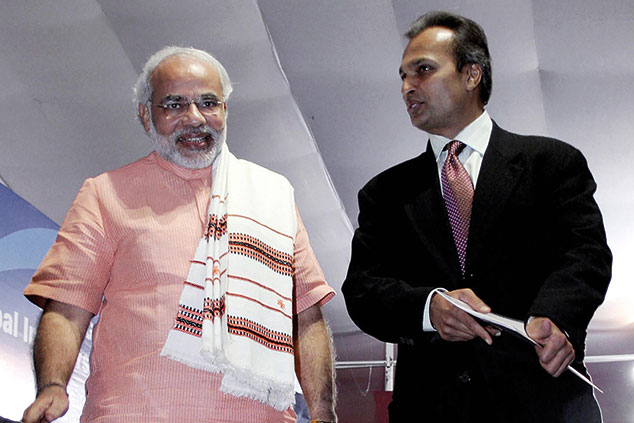
India’s opposition party, Congress, claims that Dassault chose a company owned by a billionaire industrialist and friend of Modi, Anil Ambani, instead of a more established firm. On Friday, François Hollande, French president at the time the deal was struck, said that the Indian government gave France no choice. Modi, who “stormed to power” in 2014 vowing to end corruption, quickly came under attack from the opposition Congress party who said he had no “moral right to remain”.
Under pressure to “shore up his political base” ahead of state elections this year and a national election in spring 2019, Modi’s response has been to accuse Congress of “working with foreign influences to destabilise India”.
However, this is far from Modi’s only problem, says the Washington Post. Unemployment, falling farm prices and rural wages and a “demonetisation exercise that sapped liquidity” are all weakening his position. He is still ahead in opinion polls, but the gap is narrowing.
So the launch of a vast new health insurance scheme on Sunday is a “clear electoral pitch” to India’s poorest citizens, on whose support he depends, says Hugh Tomlinson in the Times. “Modicare”, which is set to cost $1.6bn a year, is designed to help the poorest 40% of India’s 1.3 billion population. But questions remain over whether it will work and how much it will cost. Opposition parties say citizens will soon see it for what it is: nothing more than “naked electioneering”.